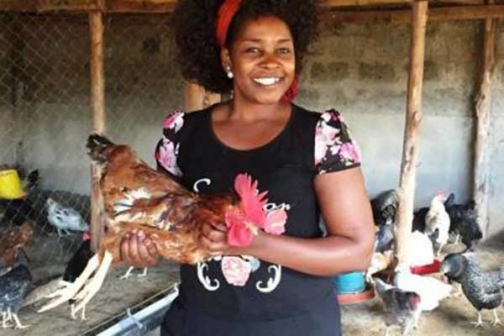×
The Standard e-Paper
Smart Minds Choose Us

Busy. Busy. Busy. That’s the melody that gospel musician Gloria Muliro sings, not in the studio, but, on her farm in Juja Kiambu County.
“These birds keep me really busy. Though I have a farm manager, I like to be involved as much as I can. When I come here, there’s so much to do, I have no time to waste,” she tells Smart Harvest. She drives here once a week for routine tour of the farm.